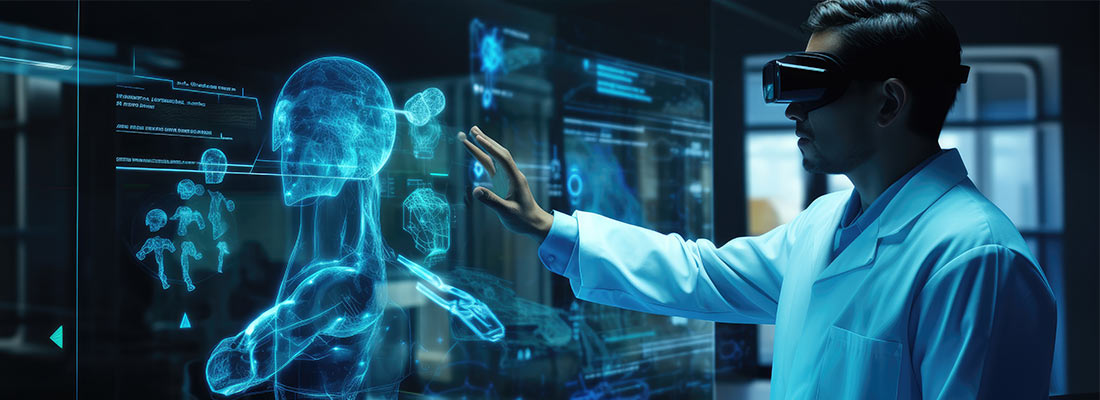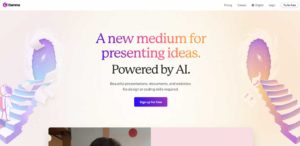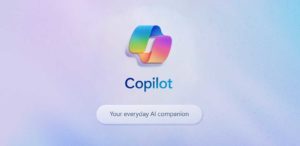The Power of AI in Healthcare is poised to revolutionize the healthcare industry, offering transformative benefits that promise to enhance patient care, streamline operations, and improve overall healthcare outcomes. As we look to the future, the integration of AI in healthcare stands as a beacon of hope, driving innovation and efficiency in unprecedented ways.
1. Early Diagnosis and Predictive Analytics
One of the most promising applications of AI in healthcare is in the realm of early diagnosis and predictive analytics. AI algorithms, trained on vast datasets of medical records and imaging, can identify patterns and markers that may be invisible to the human eye. This capability allows for the early detection of diseases such as cancer, heart disease, and neurological disorders, often before symptoms manifest.
For instance, AI-powered imaging tools can analyze radiological images to detect abnormalities with high accuracy, potentially identifying tumors at stages that are still treatable. Predictive analytics, on the other hand, can assess a patient’s medical history, lifestyle factors, and genetic information to predict the likelihood of developing certain conditions, enabling preventive measures and personalized treatment plans.
2. Enhanced Precision in Treatment
AI’s role in enhancing precision medicine cannot be overstated. By analyzing vast amounts of data from clinical trials, medical research, and patient records, AI can help healthcare providers design personalized treatment plans tailored to an individual’s genetic makeup and unique health profile. This approach not only increases the efficacy of treatments but also minimizes adverse effects, leading to better patient outcomes.
Moreover, AI-driven robotics and automated systems are already making significant strides in surgery, offering unparalleled precision and reducing the risk of human error. These advancements allow for minimally invasive procedures, quicker recovery times, and improved surgical outcomes.
3. Operational Efficiency and Resource Management
Beyond direct patient care, AI is instrumental in improving the operational efficiency of healthcare facilities. AI-driven systems can optimize hospital workflows, manage inventory, and predict staffing needs, ensuring that resources are allocated efficiently and reducing operational costs. For example, predictive analytics can forecast patient admission rates, allowing hospitals to better manage bed occupancy and reduce wait times.
Additionally, AI-powered chatbots and virtual assistants can handle routine inquiries, appointment scheduling, and patient follow-ups, freeing up healthcare professionals to focus on more critical tasks. This not only improves the patient experience but also enhances the overall efficiency of healthcare delivery.
4. Drug Discovery and Development
The process of drug discovery and development is notoriously time-consuming and expensive. AI has the potential to revolutionize this process by accelerating the identification of potential drug candidates and predicting their efficacy and safety profiles. Machine learning algorithms can analyze complex biological data and simulate how different compounds interact with various biological targets, significantly speeding up the initial phases of drug development.
Furthermore, AI can assist in identifying existing drugs that could be repurposed for new therapeutic uses, a process known as drug repositioning. This capability not only saves time and resources but also brings effective treatments to market more rapidly.
Conclusion
The integration of AI in healthcare heralds a new era of medical innovation, offering transformative benefits that promise to enhance patient care, improve operational efficiency, and accelerate medical research. As AI technology continues to advance, its impact on healthcare will only grow, paving the way for a future where medical care is more personalized, efficient, and effective. Embracing AI in healthcare is not just an opportunity; it is a necessity for the advancement of global health and well-being.




